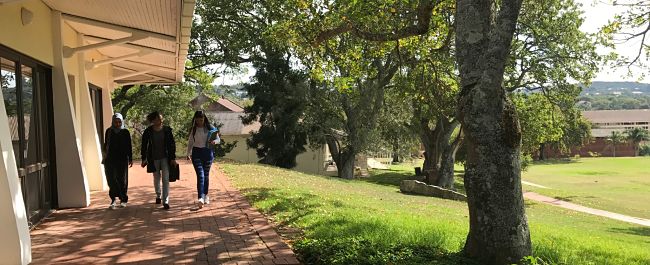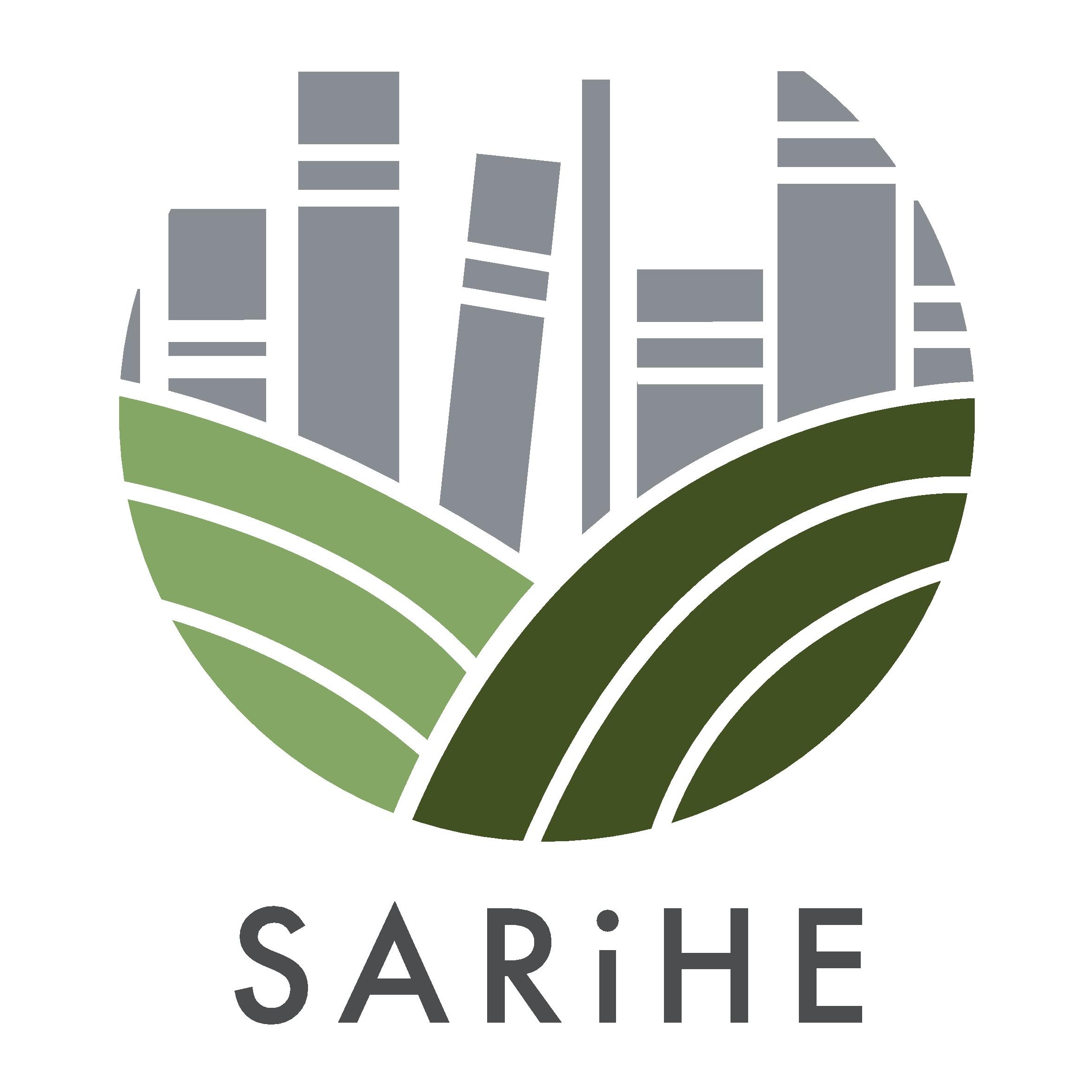Higher Education in South Africa: addressing inequalities experienced by students from rural contexts

Significant inequalities in access and participation continue to be major challenges for higher education in South Africa, including representation, academic achievement and completion rates.
About the research
The experiences of students from rural communities have attracted little attention in widening participation research or policy. Against a backdrop of continuing coloniality, students from rural contexts experience distinct challenges in accessing and participating fully and successfully in higher education.
The Southern African Rurality in Higher Education (SARiHE) research project investigated the challenges encountered by students from rural areas - one of the groups most marginalised and affected by apartheid in South Africa - in accessing higher education.
Additionally, the research focused on how students negotiate the transition to university and the support that they need.
This briefing makes recommendations for policy and practice in developing inclusive curricula, support mechanisms, and structures in universities.
Policy recommendations
The South African Department of Higher Education and Training (DHET) should ensure that universities have policies and strategies to expand the decolonisation of their ethos and practices.
Universities should be required and supported to:
• Expand recruitment from rural schools, developing enhanced outreach strategies that ‘speak’ to rural communities.
• Collect access and completion rate data on students from rural contexts and make these publicly available.
• Address the wide-ranging digital inequalities faced by students from rural environments through:
- enhanced support for online applications;
- tailored peer mentoring and outreach to support confident engagement with multiple devices, online cultures and systems before arrival and during year 1 of university.
• Work with academics, academic developers and students to implement enhanced curricula, teaching and learning strategies that are inclusive of the experiences and aspirations of students from rural communities.
• Take into account the previous experiences of students from rural contexts when reviewing policies or implementing learning, teaching and assessment practices.
• Ensure that university staff recognise the importance of removing colonial and exclusionary practices, alongside their responsibility to enable students from rural contexts to participate fully in the institution.
Key findings
• From an early age, students from rural contexts develop significant independence and a sense of responsibility. The skills acquired (for example, working collaboratively or being resourceful), need
to be recognised by all academic staff for their contributions to the learning environment.
• There are few outreach programmes in rural communities, hence students’ knowledge and understanding about university choice and application processes are limited.
• Other than cell phones, many students from rural contexts have limited prior experience of technologies (for example fixed computers, internet, and online forms), which are essential for applications
and once at university, for learning activities. Their inexperience causes considerable challenges and anxieties.
• Curricula do not reflect lived experiences of students from rural contexts, exacerbating their sense of alienation. They want to be recognised as key contributors to knowledge production and to learning and teaching activities that are relevant for all students. Students from rural contexts have the potential to enrich higher education for everyone.
• As English is not the first language of the majority of students from rural contexts, they have difficulty participating in teaching and learning, for example, in understanding lectures.
• Students reported their experiences of the historical effects of colonialism, for example, through the lack of awareness or indifference of some staff and assumptions made about prior experience. These
experiences have implications for university policies on education and student wellbeing in South Africa, UK and globally.
Policy Briefing 71: May 2019
Higher Education in S Africa: inequalities experienced by rural students (PDF, 925kB)
Contact the Researchers
Dr Sue Timmis
Reader in Education, School of Education,
University of Bristol
Professor Thea de Wet
Professor of Anthropology and Development Studies,
University of Johannesburg
Further information
For further information, visit the SARiHE website: http://sarihe.org.za or University of Bristol South African Rurality in Higher Education (SARiHE)
Authors
Dr Sue Timmis, University of Bristol, Professor Thea de Wet, University of Johannesburg,
Professor Sheila Trahar, University of Bristol, Dr Lisa Lucas, University of Bristol, Karen Desborough, University of Bristol,
Kibbie Naidoo, University of Johannesburg, Dr Patricia Muhuro, University of Fort Hare,
Professor Emmanuel Mgqwashu, Rhodes University, Professor Gina Wisker, University of Brighton
Related briefings
The Government’s Progress 8 school performance measure needs to account for pupil background
Universities should be accessible to everyone, with lifelong learning at the heart of their work


